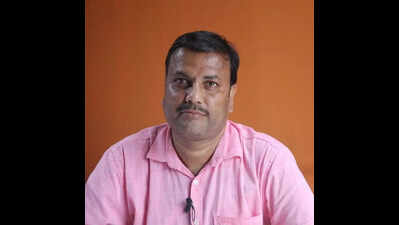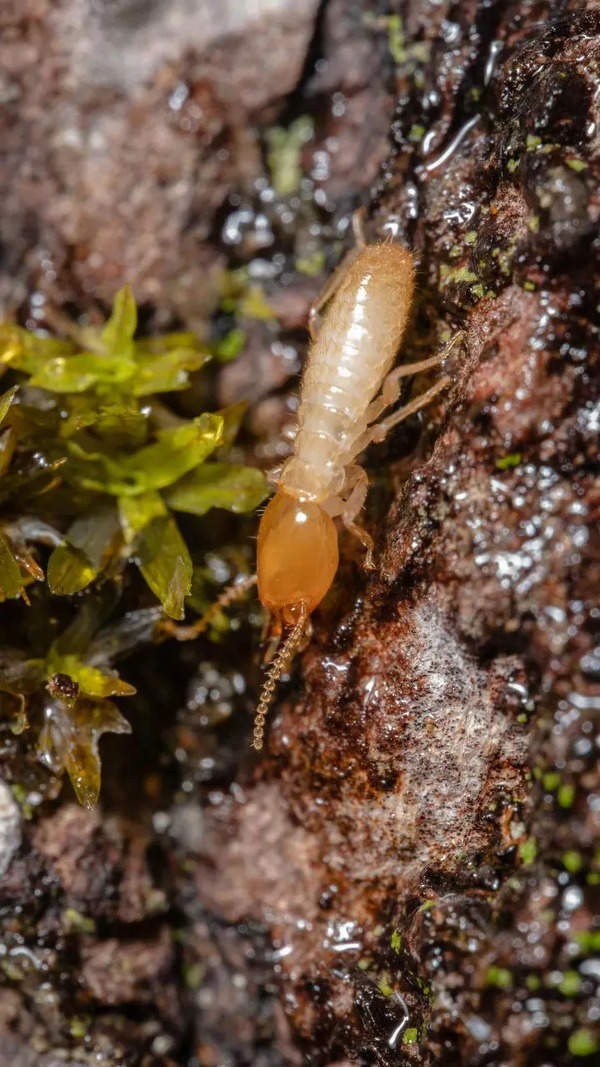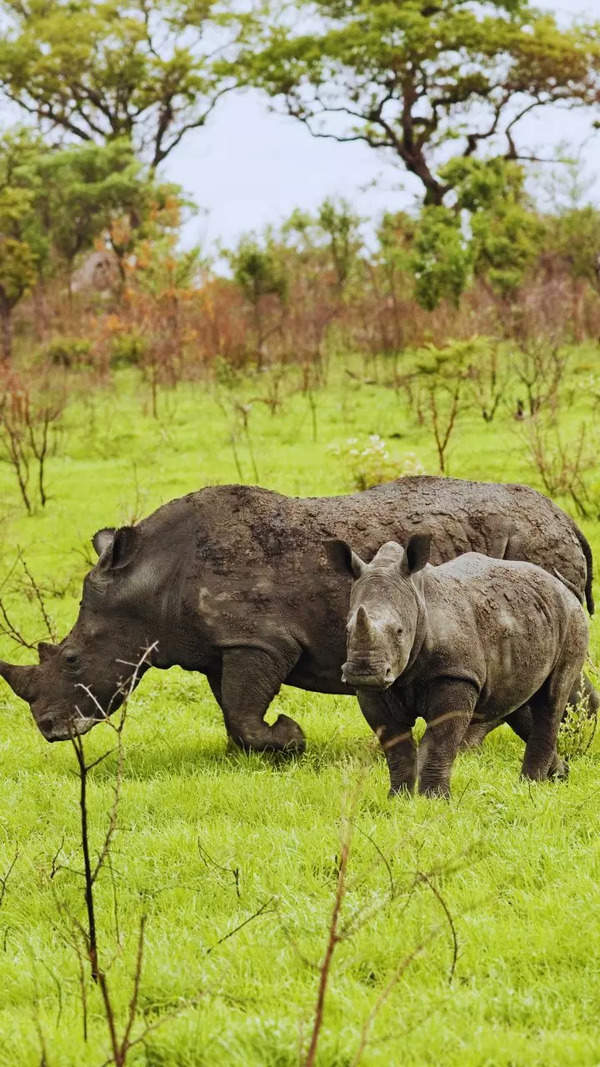- News
- City News
- patna News
- The ‘blood man’ of Bihar: How Mukesh Hissariya’s vow became a lifeline for many
Trending
The ‘blood man’ of Bihar: How Mukesh Hissariya’s vow became a lifeline for many
Patna: In an age where self-interest often eclipses empathy, one man in Patna quietly defies the tide. Mukesh Hissariya, affectionately known as the "Blood Man", has built a legacy not on wealth or status, but on a devotion to saving lives.
From politicians to daily wage workers, from govt officers to the forgotten poor – all find a common sanctuary in Hissariya's generosity. His home, his phone, and most importantly, his heart, remain open around the clock. "I give 90% of my time to social work and 10% to my business," said the 54-year-old. "But believe me, I get 200% from my business. This is the blessing of people and God," he added.
It all began in 1991. Hissariya was in Vellore at Christian Medical College, anxiously awaiting news about his mother's treatment. Amid the sterile corridors and hushed prayers, he noticed a haunting pattern – grief-stricken families, desperate to arrange blood. "Doctors said my mother would undergo a complicated operation and it was a risky one. I prayed to God that if my mother recovered, I would donate blood and for the first time, I donated blood there," he said.
His mother survived. And with that, a promise was born – one that would shape the course of his life. Upon returning to Patna, he began donating blood every six months at Patna Medical College Hospital (PMCH), honouring the vow he made in those hospital corridors.
What followed was a revolution in quiet heroism. Hissariya did not just donate blood, but mobilised networks, raised awareness and pushed for systemic change. He was a regular at CM Nitish Kumar's Samvad sessions in 2017, 2018, 2019 and 2020, where he presented detailed proposals to improve blood bank facilities, establish bone marrow transplant support and create day care centres for thalassaemia patients.
"These suggestions were incorporated. Now there are four day care centres for thalassaemia patients. Sixty-two children have undergone bone marrow transplants, apart from 15 others who were taken to Chennai for the procedure," he said.
To institutionalise this life-saving work, he established the Maa Blood Centre, a lifeline for hundreds. But his impact does not end with medical aid. With the support of friends and well-wishers, Hissariya has also organised mass weddings for girls from underprivileged families. "So far, we have helped facilitate 586 marriages," he said.
The demands of such a life are immense as his phone rarely stops ringing. "I get nearly 250 calls a day with people asking for blood or some kind of help," he said.
Yet Hissariya's family remains his steadfast support. "My wife, two daughters and son are happy and proud of my work. I have met with several accidents but was saved. This I believe is because of the deeds I have been doing," he said.
End of Article
FOLLOW US ON SOCIAL MEDIA











